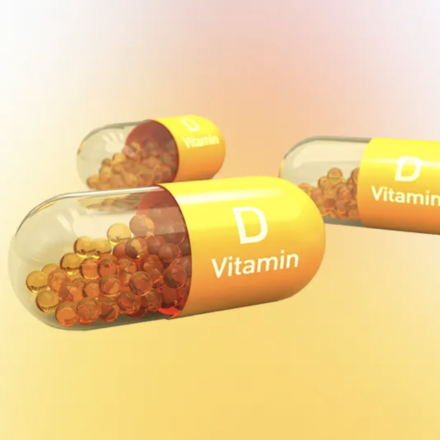8 Eating Habits That Secretly Sabotage Your Workouts
We all know that working out is important. But even the most intense gym sessions won’t help if your diet is working against your efforts. Sometimes, habits that seem harmless can undo all your progress. Let’s look at the nutrition mistakes that hold you back and how to fix them easily.
We all know that working out is important. But even the most intense gym sessions won’t help if your diet is working against your efforts. Sometimes, habits that seem harmless can undo all your progress. Let’s look at the nutrition mistakes that hold you back and how to fix them easily.
Overeating Before a Workout
Large portions of heavy food divert blood from your working muscles to your stomach, causing heaviness and fatigue.
What to do: 1–2 hours before training, choose light snacks — banana with peanut butter, oatmeal with fruit, or toast with ricotta. Energy without discomfort.
Lack of Protein
Protein is the building block of muscles. Not getting enough slows recovery and reduces endurance.
What to do: Include chicken, fish, eggs, cottage cheese, legumes in your diet and pair them with complex carbs — vegetables, whole-grain bread, nuts.
Too Few Calories
Very strict diets slow metabolism, and muscles get less energy. Result: fatigue and higher risk of injury.
What to do: Calculate your daily calorie needs based on activity level and eat a balanced diet — protein, complex carbs, and healthy fats.
Skipping Meals
Being hungry before training forces the body to break down muscle protein, and the brain loses focus.
What to do: Have a snack an hour before training — a smoothie with fruit and protein yogurt will keep strength and mental clarity.
Too Much Sugar and Fast Carbs
Energy spikes are followed by crashes, causing fatigue and irritability.
What to do: Choose complex carbs — whole grains, fruits, sweet potatoes. A banana before training is much better than chocolate.
Completely Avoiding Processed Foods
Excessive restrictions create stress, affecting hormones, mood, and recovery.
What to do: Focus on moderation and quality — whole grains, nuts, sugar-free protein bars, frozen vegetables.
Not Drinking Enough Water
Dehydration reduces endurance, strength, and concentration, and increases the risk of overheating.
What to do: Drink water regularly throughout the day and replenish electrolytes with light mineral drinks.
Focusing Only on Protein
Protein is important, but without carbs and fats, energy drops and recovery slows down.
What to do: Eat a balanced diet — protein, complex carbs, and healthy fats at every meal.



















